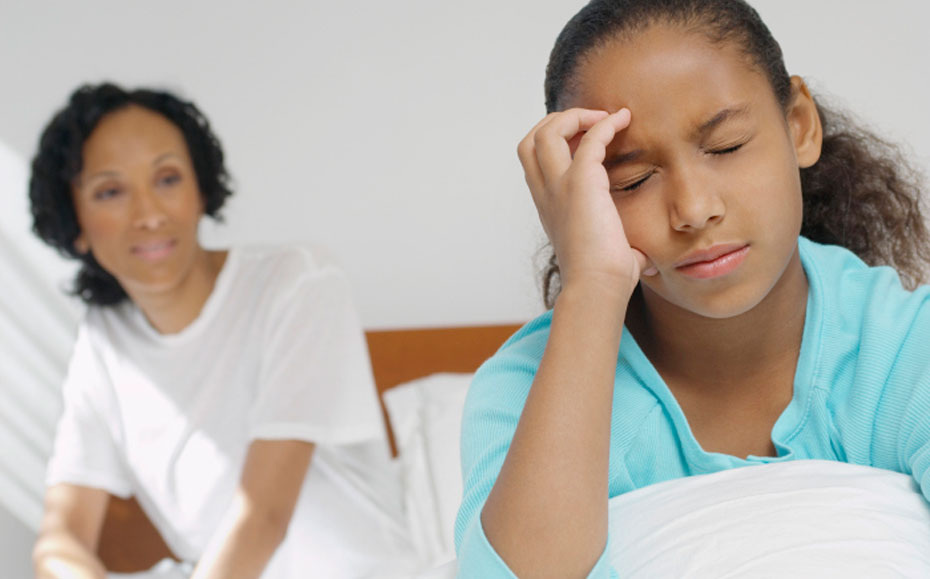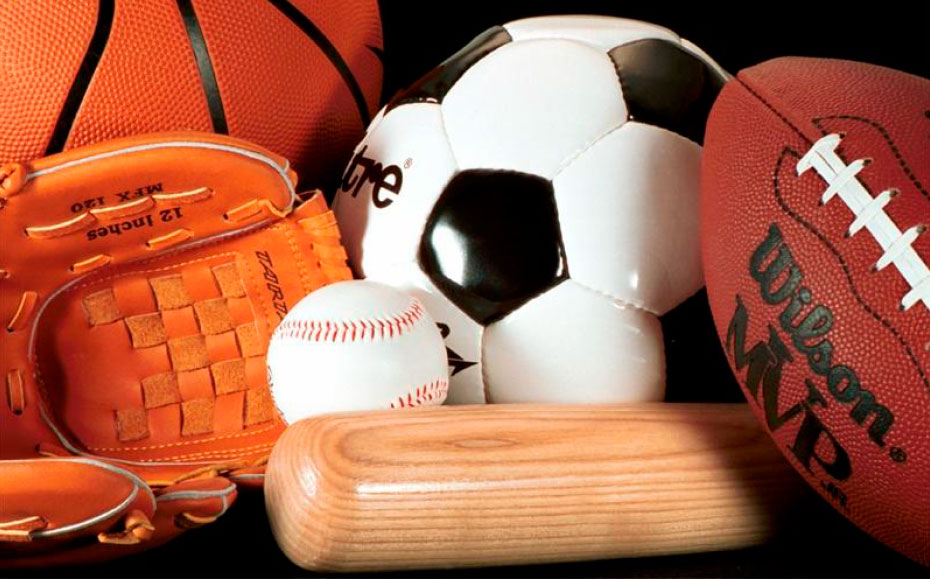

Headaches not only cause pain and discomfort – they can also affect a child’s ability to perform at school, interact with family and friends, and handle everyday activities. Effective treatment begins with an accurate diagnosis and, where possible, identifying triggers. In addition to finding the right medication, treatment can also include changes to diet, exercise and sleep patterns, stress management, and educating parents and children so they are empowered to participate.
Headaches are defined as a pain or ache in the head, although the pain is not actually in the brain tissue itself (the brain does not have pain receptors.) Rather, the pain occurs in the pain receptors around the brain. Headaches have a wide range of causes, both benign and serious, including fatigue and sleep deprivation, stress, viral infections and common colds, head injury, dental or sinus issues, and many more.
Headaches are broadly classified as “primary” or “secondary”. Primary headaches are benign, recurrent headaches NOT caused by underlying disease or structural problems. 90% of all headaches are primary headaches. Secondary headaches are caused by an underlying disease or condition, and are much less common.
Concussion in children and adolescents are not uncommon, especially among those who play sports. Each concussion is different, so identifying how the concussion happened is very important in making a precise diagnosis. Our doctors perform a full neurological evaluation, including memory and processing, orientation, concentration, balance and amnesia. With an accurate diagnosis and comprehensive treatment plan, most children can make a full recovery.
A concussion is a mild traumatic brain injury caused by a blow to the head or body, a fall, or some other injury that causes the brain to shake or twist inside the skull.Most concussions in children and adolescents happen while playing sports such as football, basketball or soccer, on the playground, or while riding a bike.